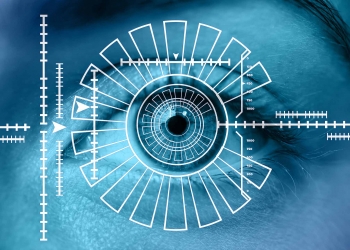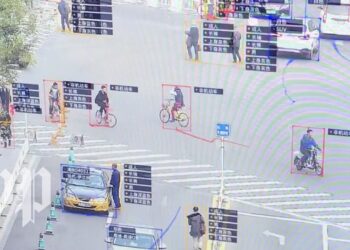Digital Europe is the digital future transition that should work for all, putting people first and opening new opportunities for business. Digital solutions are also key to fighting climate change and achieving the green transition. As a key pillar of the EU’s recovery from COVID-19, digitalisation is crucial in fostering new forms of growth and strengthening the EU’s resilience.
The Digital Services Act and the Digital Markets Act are the European answer to the deep reflection process of Digitalisation. The Commission, EU Member States and many other jurisdictions have engaged this digital process to understand the effects that digitalisation – and more specifically online platforms – have on fundamental rights, competition, and, more generally, on our societies and economies.
European values are at the heart of both proposals. The new rules will better protect consumers and their fundamental rights online. They will lead to fairer and more open digital markets for everyone. A modern rulebook across the single market will foster innovation, growth and competitiveness. They will also provide users with new, better and reliable online services. It will support the scaling up of smaller platforms, small and medium-sized enterprises, and start-ups, providing them with easy access to customers across the whole single market while lowering compliance costs.
Digital Services Act – Digital Markets Act
The two proposals serve one purpose: to make sure that we, as users, have access to a wide choice of safe products and services online.
Margrethe Vestager, Executive Vice-President for a Europe fit for the Digital Age
Furthermore, the new rules will prohibit unfair conditions imposed by online platforms that have become or are expected to become gatekeepers to the single market. The two proposals are at the core of the Commission’s ambition to make this Europe’s Digital Decade.
EU leaders invited the Commission to present a comprehensive Digital Compass which sets out the EUʼs concrete digital ambitions for 2030. They agreed that at least 20% of the funds under the Recovery and Resilience Facility will be made available for the digital transition, including for SMEs. These funds should help advance objectives such as:
- fostering the European development of the next generation of digital technologies, including supercomputers, quantum computing, blockchain and human-centric artificial intelligence
- developing capacities in strategic digital value chains, especially microprocessors
- accelerating the deployment of very high capacity and secure network infrastructures – including fibre and 5G – all over the EU
- enhancing the EUʼs ability to protect itself against cyber threats
- unleashing the full potential of digital technologies to achieve the EU’s ambitious environmental and climate action objectives
- upgrading digital capacities in education systems
Digital technologies – Digital solutions
Digitalisation has the potential to provide solutions for many of the challenges Europe and Europeans are facing. Digital technologies are changing not only the way people communicate, but also more broadly how people live and work. With further impetus from the COVID-19 pandemic, the EU is working to accelerate the technological transition.
Digital solutions help create jobs, advance education, boost competitiveness and innovation and can improve the lives of citizens. Technology has a key role to play in transforming the European economy and society. Digital solutions will work also in order to achieve a climate-neutral EU by 2050 – an objective agreed by EU leaders.
Europe is the 2nd space power in the world. But the global race is on. With this agreement, we now have the means to develop our leadership in space by consolidating our flagships – Galileo and Copernicus – and exploring new initiatives that will enhance Europe’s resilience, notably in secure connectivity.
Thierry Breton, Commissioner for Internal Market
Safeguarding EU values and citizens’ fundamental rights and security is a key element of the digital transition. The EU aims to follow a human-centric approach which respects social differences across the union.
Digitalisation is an essential component of the EU’s response to the economic crisis caused by COVID-19. As such, the COVID-19 pandemic has made the need to accelerate the digital transition in Europe more pressing.
Key policy areas of the EU digital strategy
The EU is working on several policies contributing to the digital transformation. Below are the main policy areas.
Digital sovereignty
In the post-COVID-19 environment, the EU aims to protect and reinforce its digital sovereignty and leadership in strategic international digital value chains. Key elements will ensure European strategic autonomy in the digital area. They will also promote common EU values. They will respect fundamental freedoms, including data protection and privacy, safety and security.

Digital services
Online platforms are an important part of the EU digital market and economy. EU member states recognise the need to strengthen, modernise and clarify the rules for digital services to:
- ensure the safety of users online
- allow innovative digital businesses to grow
The EU’s legal framework for digital services has been unchanged since the adoption of the e‑commerce directive in 2000. In the meantime, digital technologies, business models and services have changed at an unprecedented pace. Until 8 September 2020, the European Commission held a public consultation to gather evidence with which to inform its initiatives.
Data economy in digital Europe
With the development of technology, more and more data is available. EU member states recognise the importance of the data economy for Europe. It is crucial to grow and prosper in the digital age. They aim to develop this economy in a human-centric way and in line with common EU values. Digital Europe will ensure that there is more data sharing and data re-use across sectors and across borders. This will be the basis for a wide range of innovative services and applications.
The European Commission has proposed a strategy for European data that will facilitate the digital transformation. Digital Strategy proposal works for the next five years. The European Council welcomes the strategy. The Digital Europe plan supports the EUʼs global digital ambitions to build a true European competitive data economy. It will ensure European values and a high level of data security, data protection and privacy.
On 7 December 2020, telecommunications ministers held a policy debate on the proposal for a data governance act. This is the first legislative initiative under the European data strategy. The proposal aims to promote the availability of data for reuse across sectors and borders and is expected to play a central role in enabling and guiding the creation of EU-wide common interoperable data spaces in strategic sectors such energy, mobility and health. During the discussion, ministers broadly welcomed the proposal as an important enabler for a strong European data economy and increased competitiveness.
Artificial intelligence
Artificial intelligence can contribute to a more innovative, efficient, sustainable and competitive economy, while also improving safety, education and healthcare for citizens. It also supports the fight against climate change. While supporting the development of AI technology, EU member states recognise the potential risks and encourage an ethical and human-centric approach to this technology.
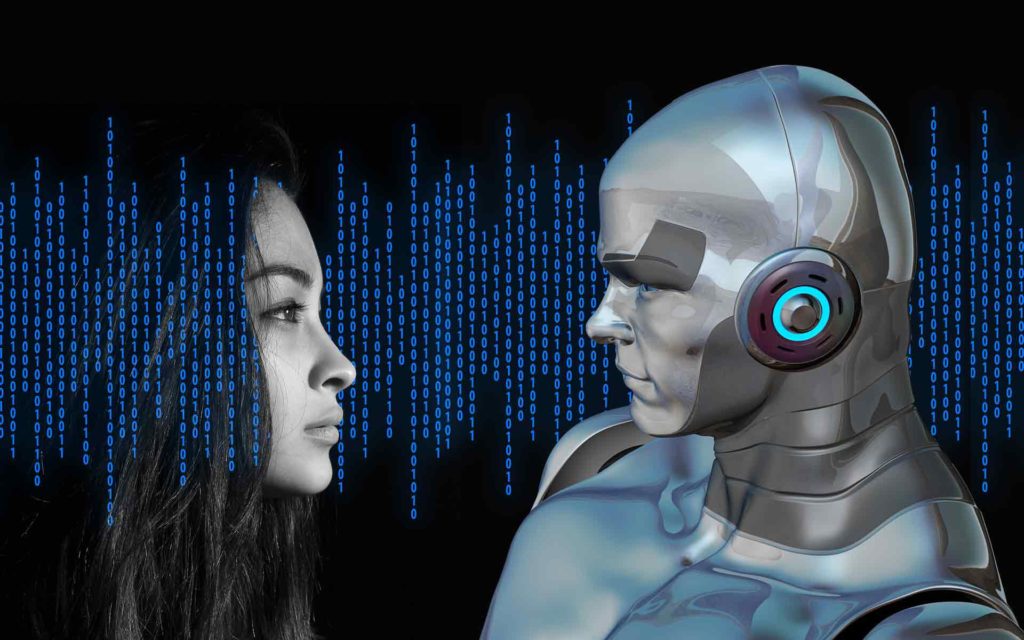
The European Council invited the Commission to:
- propose ways to increase European and national public and private investments in Artificial Intelligence research, innovation and deployment
- ensure better coordination and more networks and synergies between European research centres based on excellence
- provide a clear, objective definition of high-risk Artificial Intelligence systems
Enabling technologies in digital Europe
Cloud computing, quantum technologies and high-performance computing play a key role in building up Europe’s digital resilience.
- Cloud computing is essential in ensuring that data is processed efficiently and can contribute, among other things, to the green transition in areas such as farming, mobility, buildings and manufacturing
- High-performance computing (HPC), also known as supercomputing, means that data can be processed and analysed thousands of times faster than it would by other computers, and could bring about major scientific advances
- Quantum technologies use the properties of quantum mechanics to create practical applications that can bring important improvements to science, industry and society
Connectivity in digital Europe
The recent COVID-19 pandemic has proven the need for fast and ubiquitous connectivity across the EU to give all Europeans access to digital technology. The EU has set objectives for connectivity for 2025, including:
- gigabit connectivity for all of the main socio-economic drivers
- uninterrupted 5G coverage for all urban areas and major terrestrial transport paths
- access to connectivity offering at least 100 Mbps for all European households
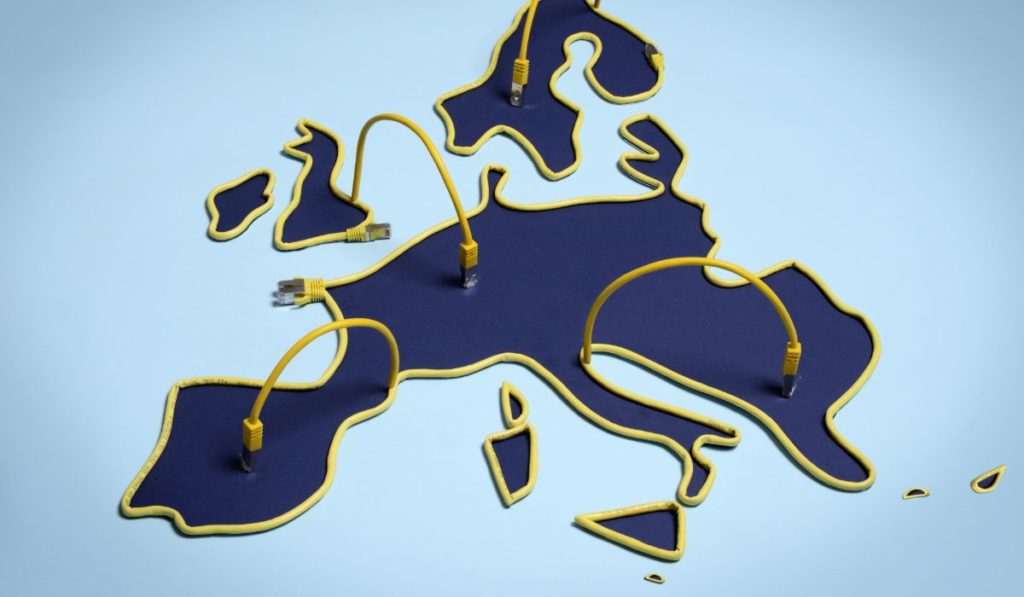
On 9 June 2020, EU ministers asked the Commission to develop a new action plan for 5G and 6G deployment.
The EU also supports the need for a coordinated approach to mitigate risks related to cybersecurity and to ensure a secure 5G deployment.
Cybersecurity in digital Europe
As cyber threats and crimes increase in number and sophistication, the EU is working to improve its response capabilities and safeguard the integrity, security and resilience of digital infrastructure, communication networks and services. A stronger cybersecurity response can ensure greater trust in digital technology and protect safe, open and secure cyberspace. During the Special European Council in October 2020, EU leaders called for the enhancement of the EUʼs ability to protect itself against cyber threats, to provide for a secure communication environment, especially through quantum encryption and to ensure access to data for judicial and law enforcement purposes.

European digital identification (e-ID)
European Council called for the development of an EU-wide framework for secure public electronic identification (e-ID). This will include interoperable digital signatures, to provide people with control over their online identity and data . Also they will enable access to public, private and cross-border digital services. It invited the Commission to come forward with a proposal for a ‘European Digital Identification’ initiative by mid-2021.
eHealth in Digital Europe
The COVID-19 crisis has demonstrated the importance of the digital transformation in the health and care sectors. This digitalisation can strengthen the resilience of health systems and their response to the pandemic.
Digital skills and education
The EU faces growing demand from all sectors for employees with digital skills, with an estimated gap of 1 million digital experts needed on the market. EU member states want to halve this figure by 2025 by improving digital education and upskilling the workforce.
Cybersecurity awareness should also be encouraged to ensure that EU citizens and organisations are able to protect themselves from cyber threats.
Digitalisation of justice
The further digitalisation of member states’ judicial systems can improve access to justice for citizens and businesses. They can increase the effectiveness and efficiency of court proceedings.
Some EU countries have already started using digital tools in the field of justice, for example:
- conducting of digital court proceedings
- electronic communication between the parties
- electronic transmission of documents
- use of video-hearing and conferencing
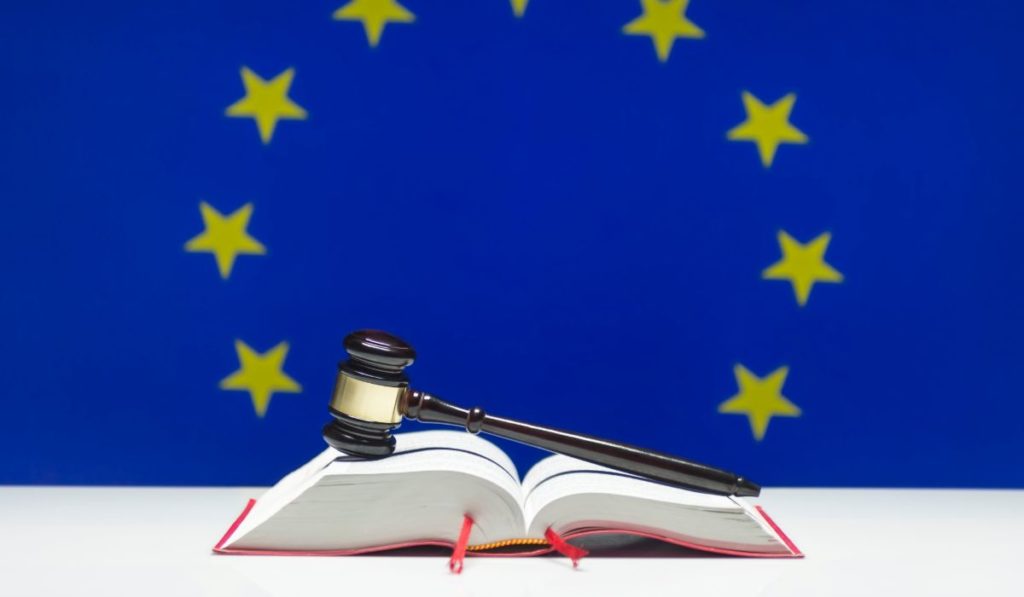
Member states should use more extensively digital tools for judicial proceedings without undermining fundamental principles such as the independence and impartiality of the courts.
Digital Europe
The negotiators of the Council and of the European Parliament today struck a provisional deal on a new programme, Digital Europe, which will promote large-scale deployment of state-of-the art technology, such as artificial intelligence and the latest cybersecurity tools, to speed up the digital transformation of European societies and economies. The programme will run for the duration of the Multiannual Financial Framework (MFF) for 2021-2027, with a substantial overall budget of €7 588 million.
The Digital Europe programme will provide funding for projects in five crucial areas, each with their own indicative budget:
- high performance computing: €2 226 914 000
- artificial intelligence: €2 061 956 000
- cybersecurity and trust: €1 649 566 000
- advanced digital skills: €577 347 000
- deployment, best use of digital capacities, and interoperability: €1 072 217 000
European digital innovation hubs
A network of European digital innovation hubs will provide access to technological expertise for businesses – in particular SMEs – and public administrations. These hubs will bring together industry, businesses and administrations in need of new technological solutions on the one hand, and companies that have market-ready solutions on the other. With a broad geographical coverage across Europe, the hubs will play a central role in the implementation of the programme.
The programme will be put into practice through multiannual work programmes covering one or more of the five action areas. It will involve co-financing from member states and, when needed, from the private sector. The co-financing rate will be established in the work programmes. The work programmes will also set out the eligibility criteria for the actions under the Digital Europe programme. Grants under the programme may cover up to 100% of the eligible costs.
Digital Europe will be complementary to a number of other programmes supporting digital transition, such as Horizon Europe. These programmes focuses on research and technological development, and the digital aspects of the Connecting Europe Facility.



